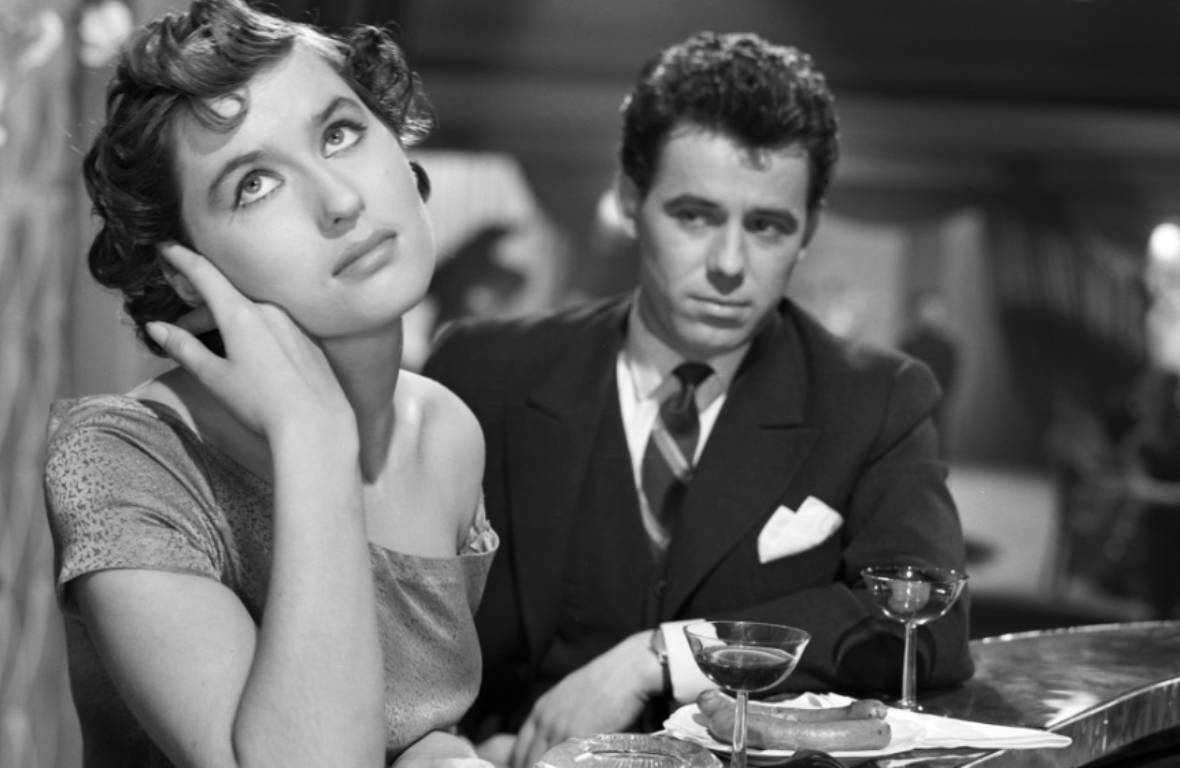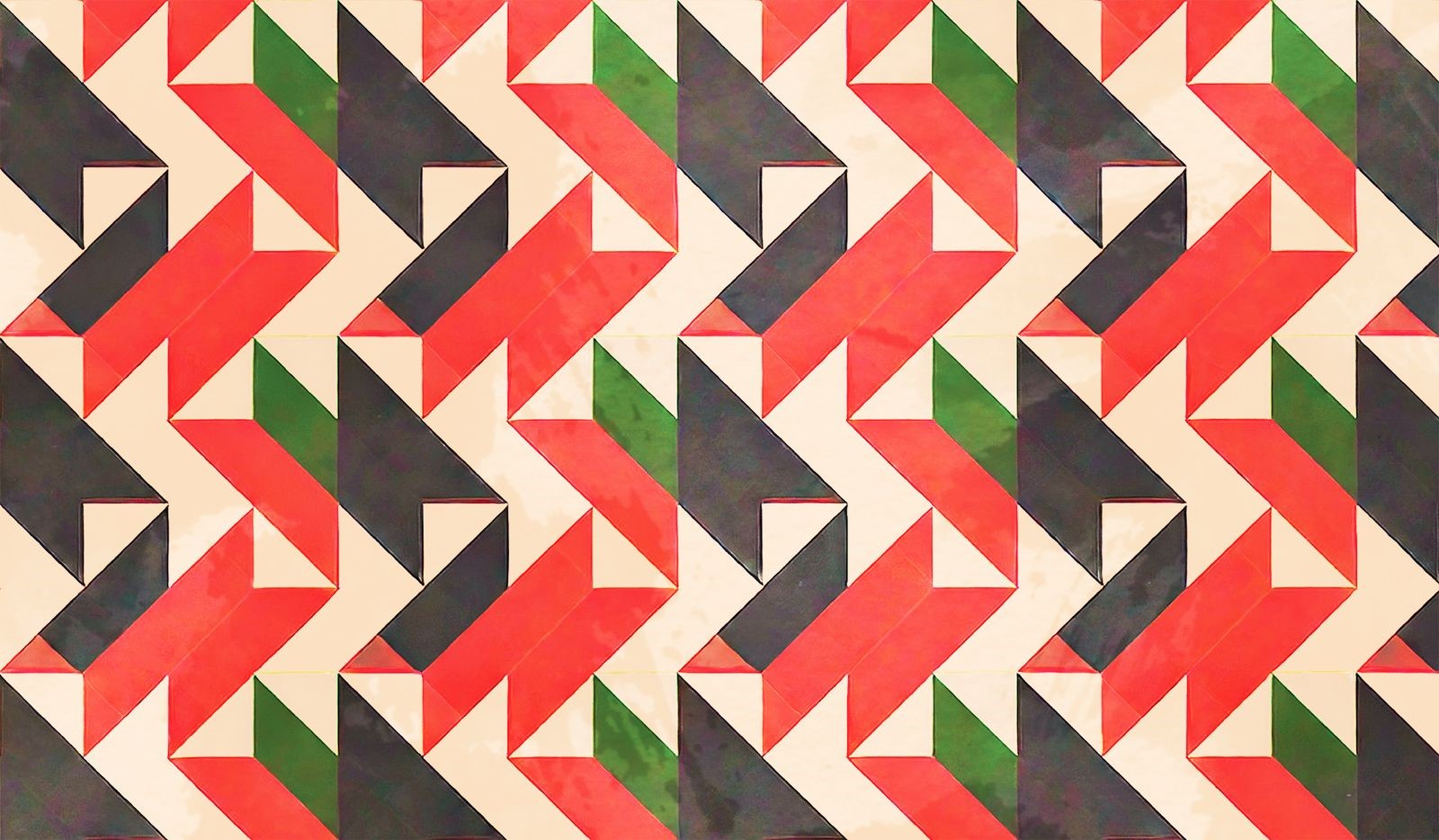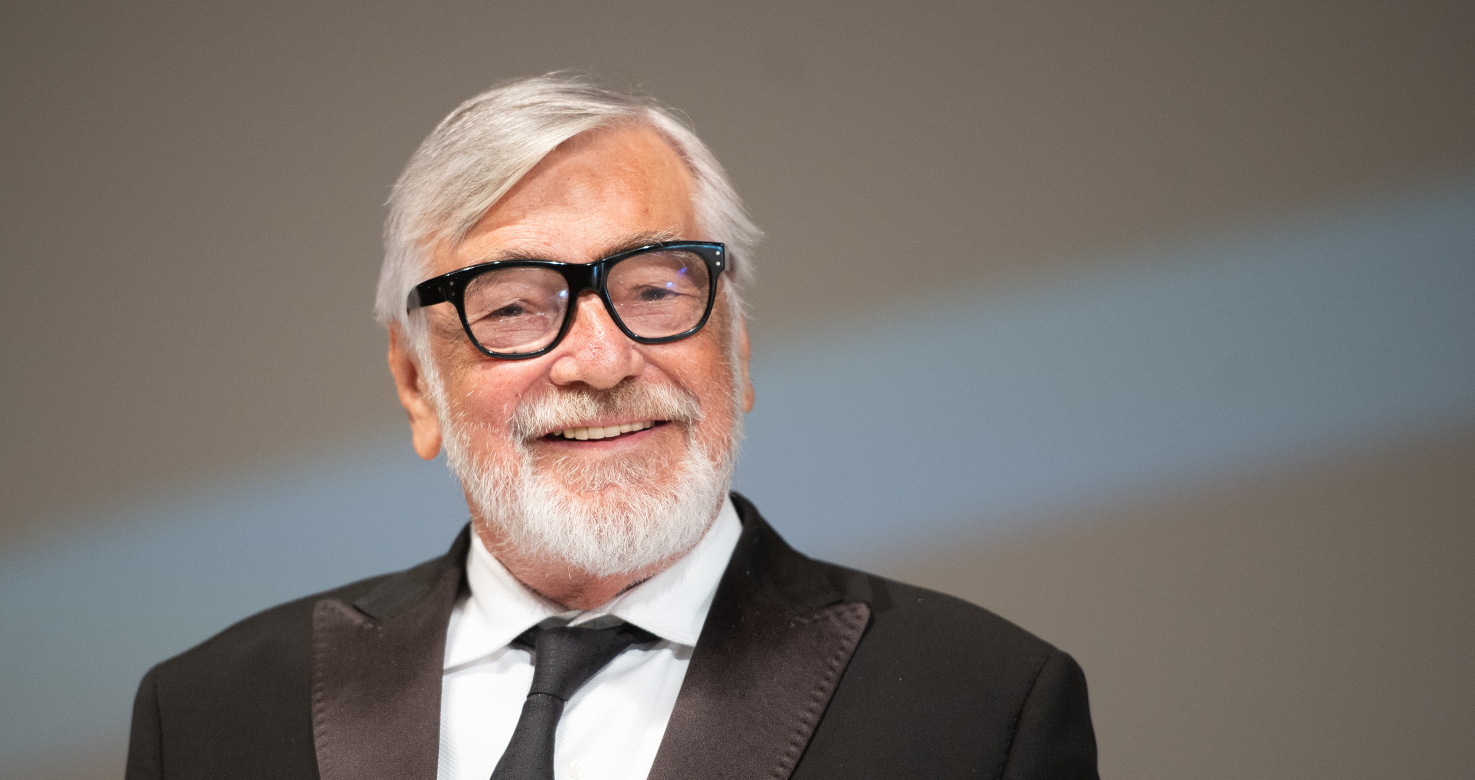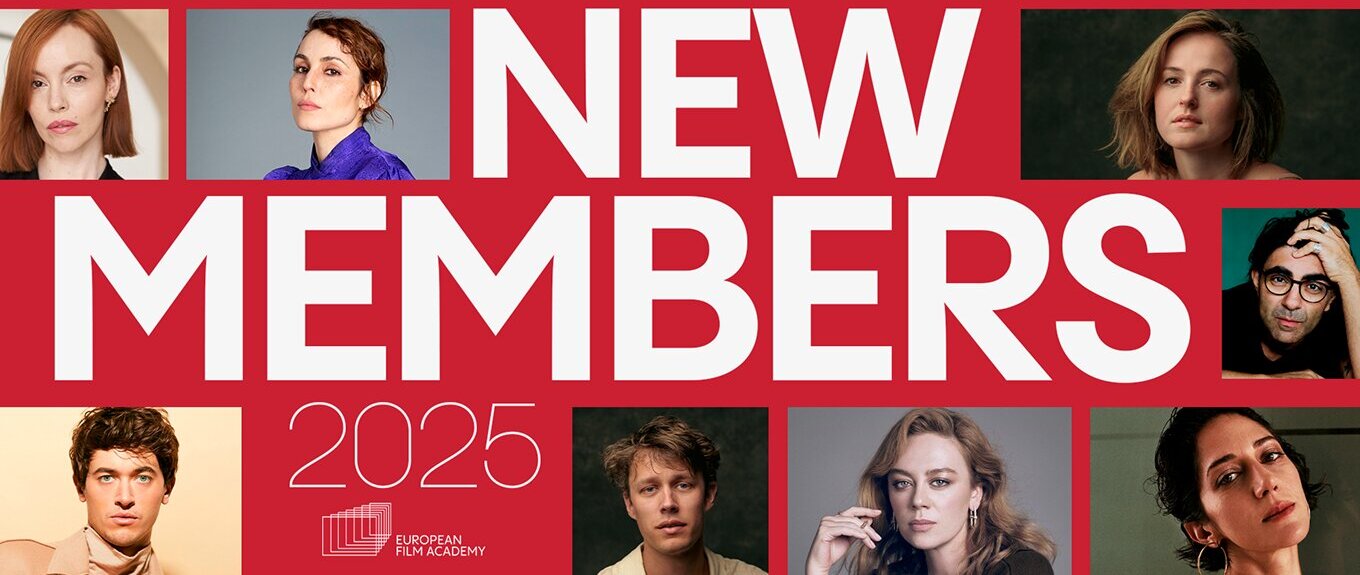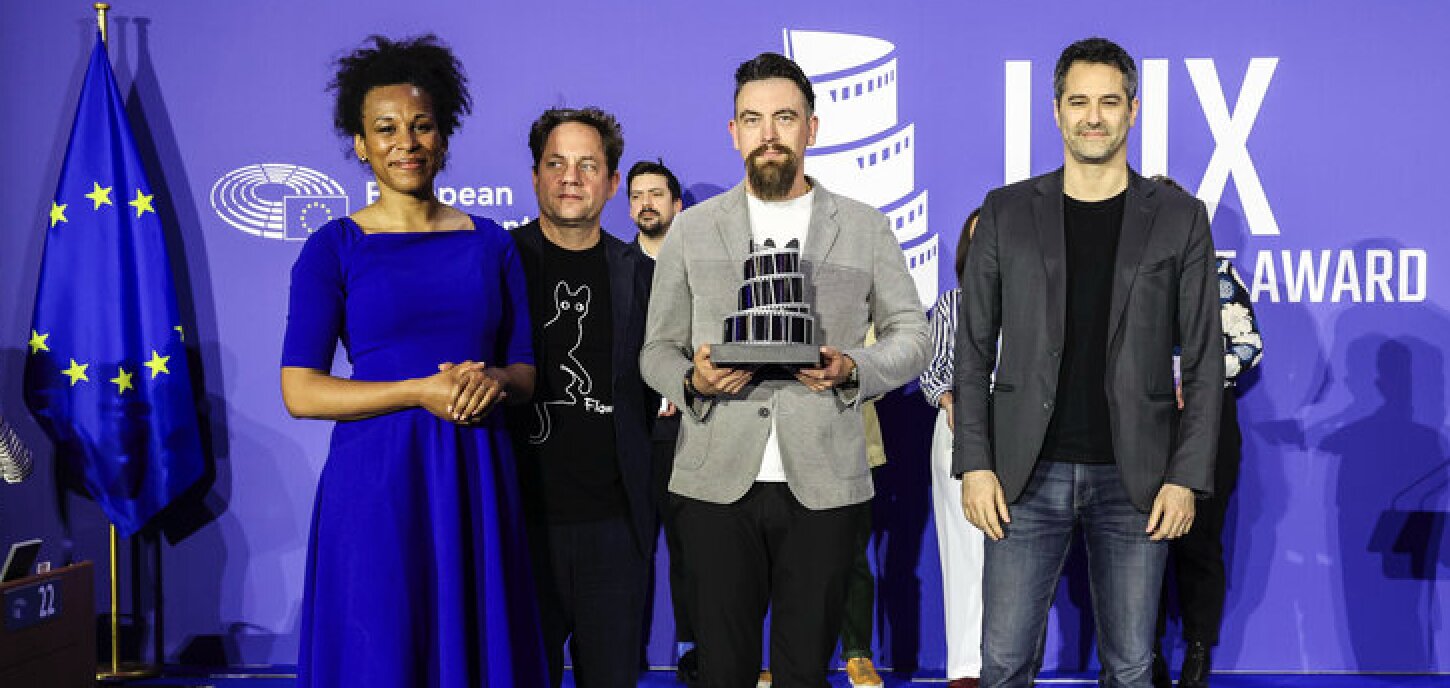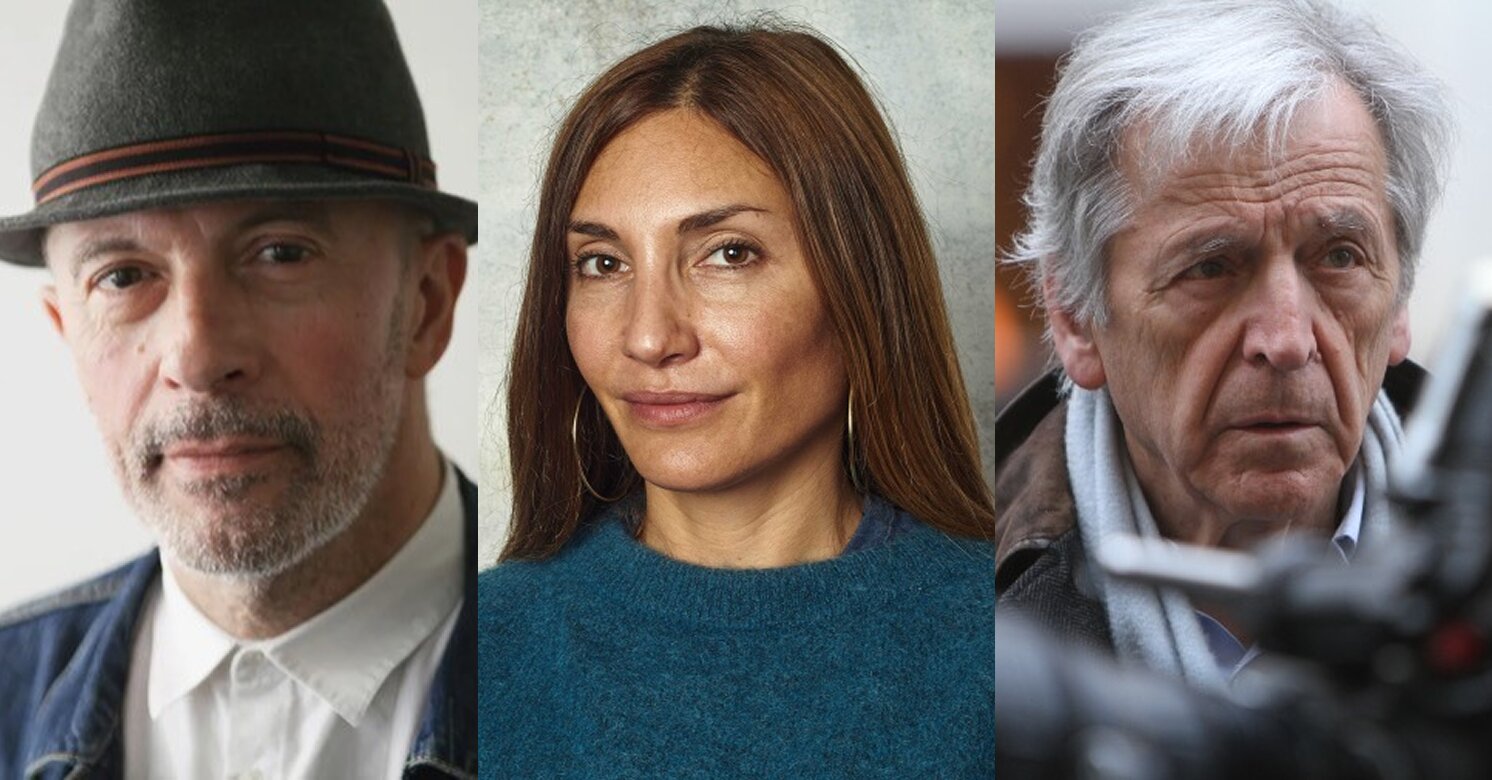THE NEW YEAR THAT NEVER CAME
THE NEW YEAR THAT NEVER CAME
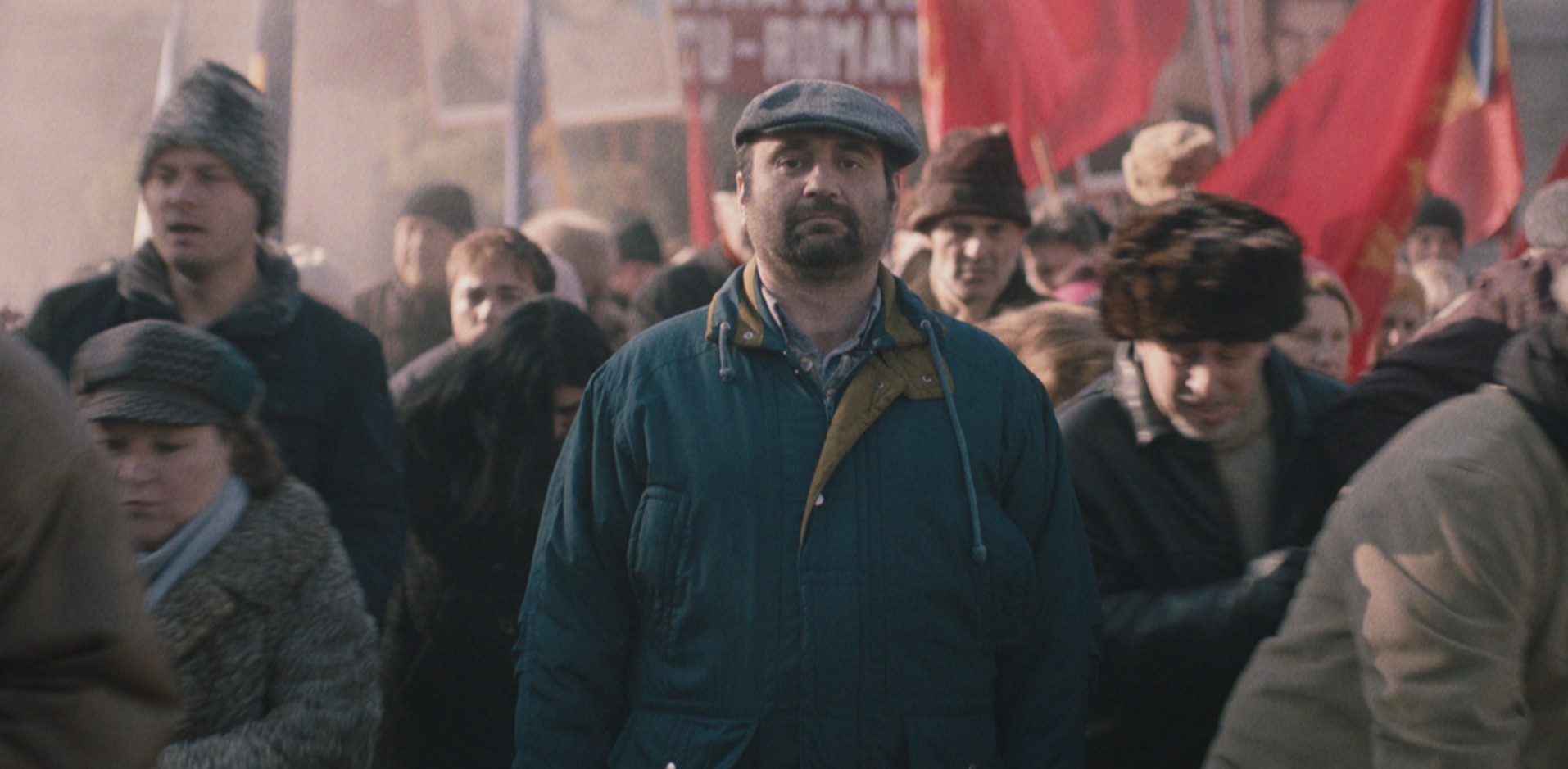
THE NEW YEAR THAT NEVER CAME
ANUL NOU CARE N-A FOST
Romania, Serbia
SYNOPSIS
It is the 20th of December, 1989, and Ceaușescu’s regime is on its last legs. The army violently suppresses an uprising in Timișoara, but any news that reaches Bucharest is scant and sanitised. Six people find themselves in the eye of the storm without realising it. A TV director has to find a way to save his New Year’s show after the key actress defects. The solution lies with a distressed theatre actress who can’t reach her ex-boyfriend in Timișoara. Meanwhile the director’s son, a student, plans to flee to Yugoslavia by swimming across the Danube. Watching the son is an officer of the Securitate secret police, who struggles to move his mother from her soon-to-be-demolished house to a new apartment she cannot stand. The move is being executed by a factory worker, who panics after his son writes a letter to Santa Claus that reveals his father wants Ceaușescu dead. All these lives, under constant and invisible surveillance by the Securitate, converge in a tragicomedy that climaxes with the bang of a firecracker in an highly unlikely pair of hands, effectively kicking off the revolution.
CREDITS
Written, directed and produced by: Bogdan Mureșanu
Cinematography: Boroka Biro, Tudor Platon
Editing: Vanja Kovačević, Mircea Lăcătuș
Production Design: Iulia Fulicea, Victor Fulicea
Costume Design: Dana Anghel
Make-Up & Hair: Domnica Bodogan, Iulia Roșeanu
Sound: Sebastian Zsemlye
Casting: Viorica Capdefier
Cast: Adrian Vancică (Gelu), Emilia Dobrin (Margareta Dincă), Nicoleta Hâncu (Florina), Mihai Călin (Ștefan Silvestru), Iulian Postelnicu (Ionuț Dincă), Andrei Miercure (Laurențiu Silvestru), Vlad Ionuț Popescu (Vlad), Ioana Flora (Mariana), Ion Sapdaru (Tovarășu Vârtosu), Ada Galeș (Camelia Dincă)
STATEMENT OF THE DIRECTOR
I started the project with my short film THE CHRISTMAS GIFT. For many years after, I was hooked on the idea of a symphonic development, namely, an extraordinary day that changes everything for the characters. I am inclined to explore such unusual times. I guess it comes from my interest in what history is made of. Especially because the theme was tackled by many Romanian filmmakers, I wanted to have my own take on it with a totally different tone of voice, on the verge of tragicomedy. There is a happy ending, but all the characters are going through personal ordeals, some absurd, some purely comical, in the timespan of a day and the following morning.
I felt my approach was sufficiently original to be considered a new perspective on the revolution, as a sort of kaleidoscopic storytelling: a multi-plot story with numerous characters whose stories intertwine throughout the film. I was interested in how they cope with a feeling of a vanishing world, and in the humanity of ordinary lives exposed to big historical events.
At the same time, I wanted a “grand finale” type of ending, where we jump from one character to another, to see what they are doing, feeling and living at that precise moment in time, on the 21st of December at 12:08 when Ceaușescu was booed for the very first time during a mass rally. This historical moment was broadcast on televisions in every household, so it was charged with immense meaning. I am not at all exaggerating when I say that it was on the level of the moon landing, except there was a different kind of awe. It was almost like a revelation for people as they watched the former god-like leader crumble into a tiny old man scared of the anger of the masses.
-
Feature Film Selection 2024
Nomination European Discovery – Prix FIPRESCI 2024

